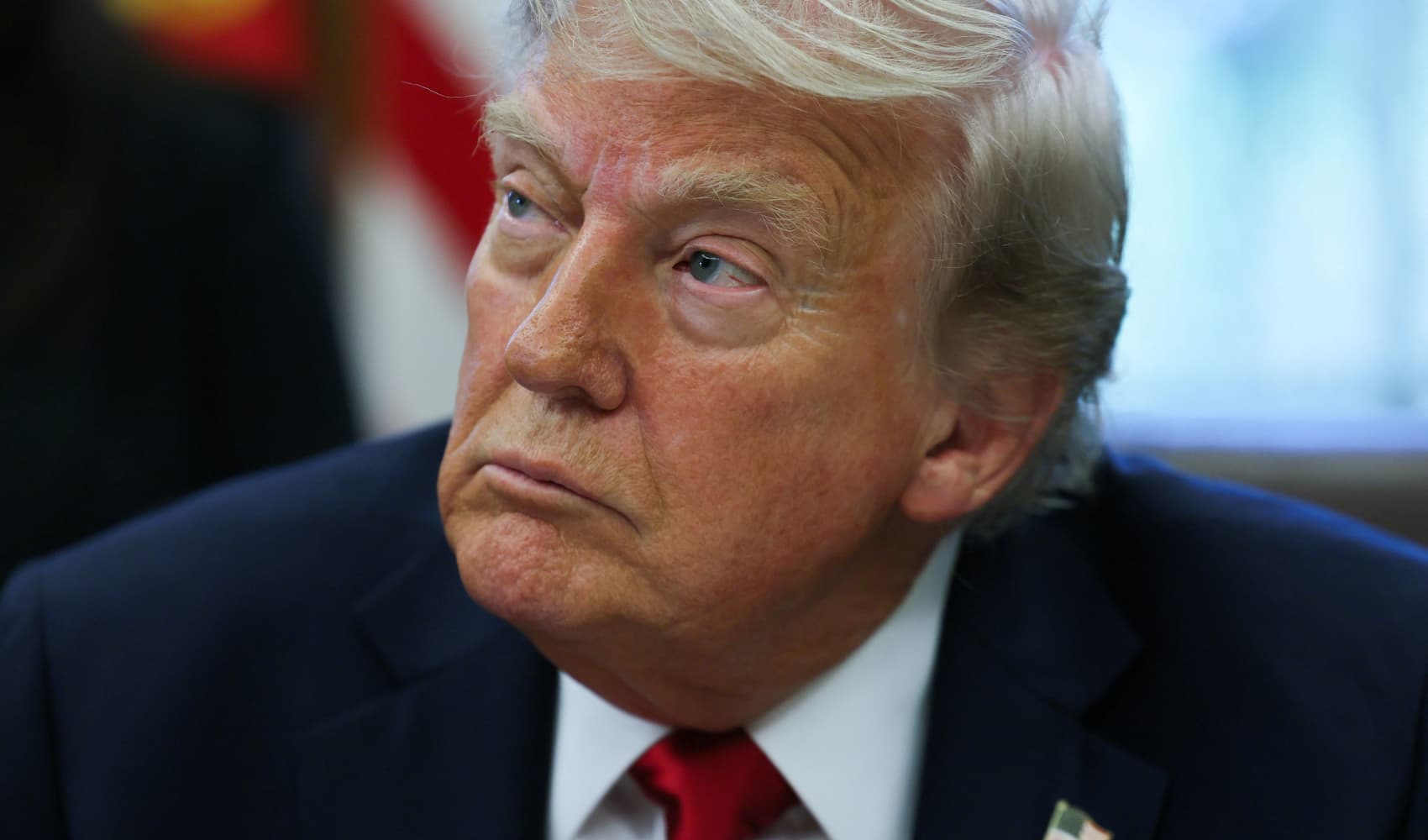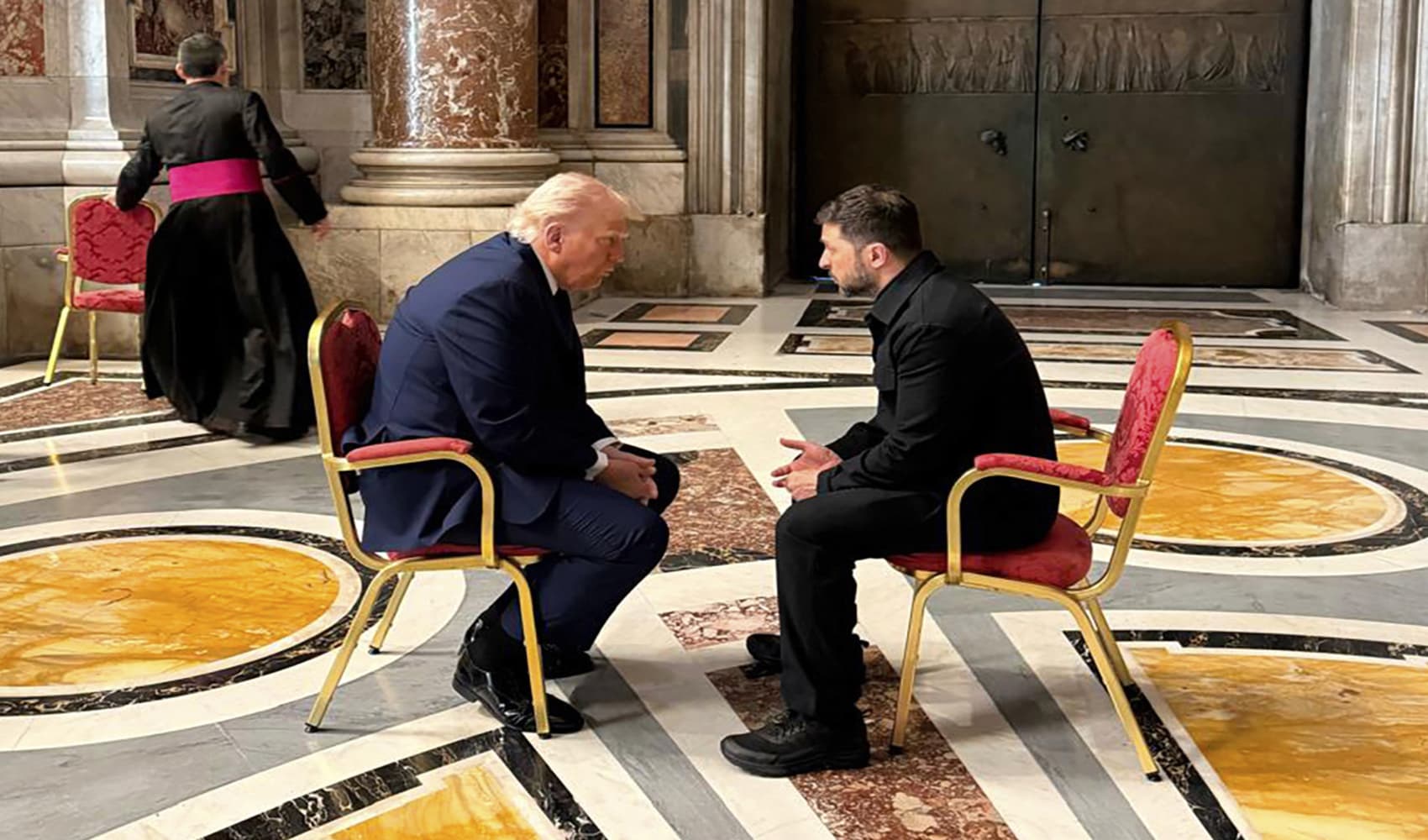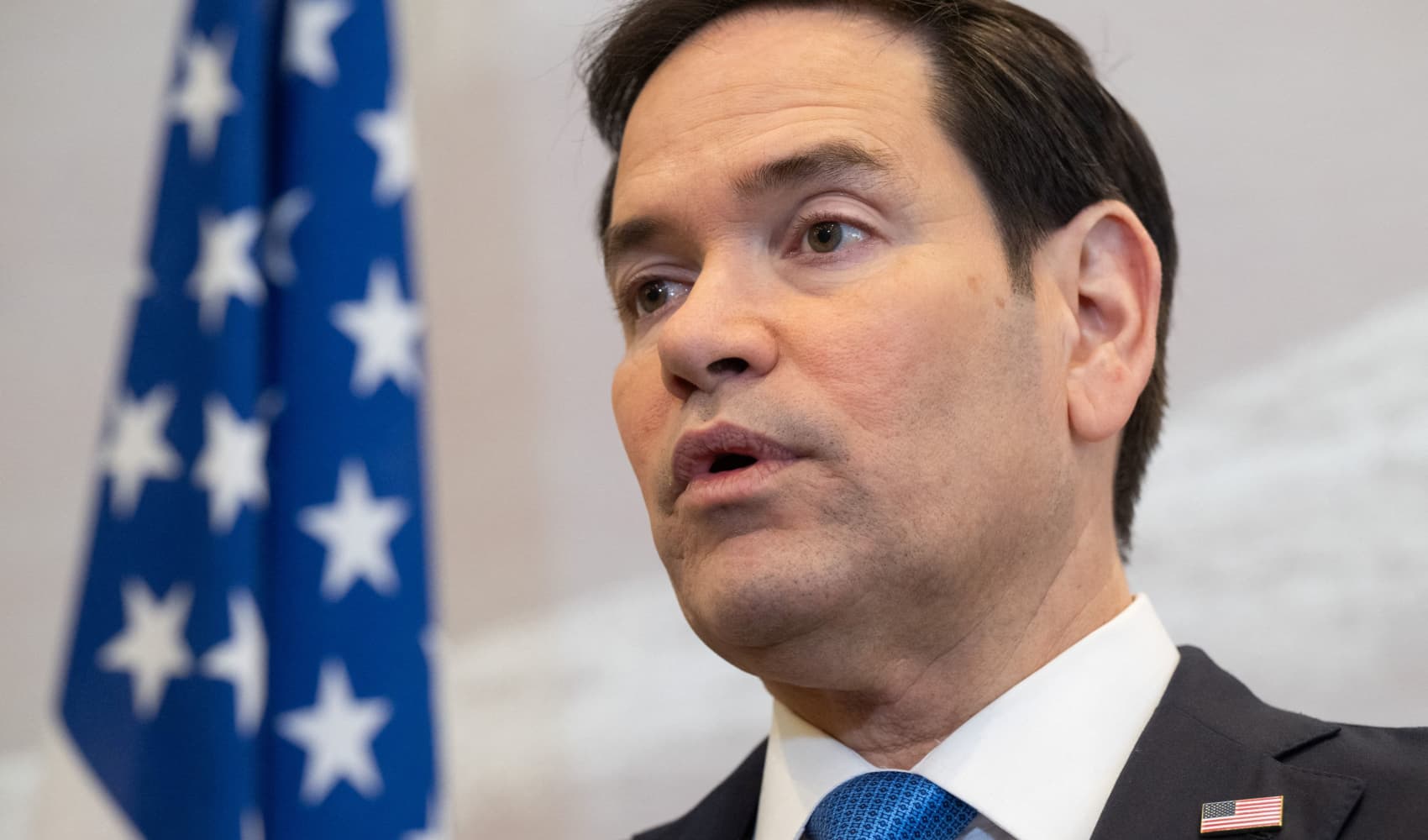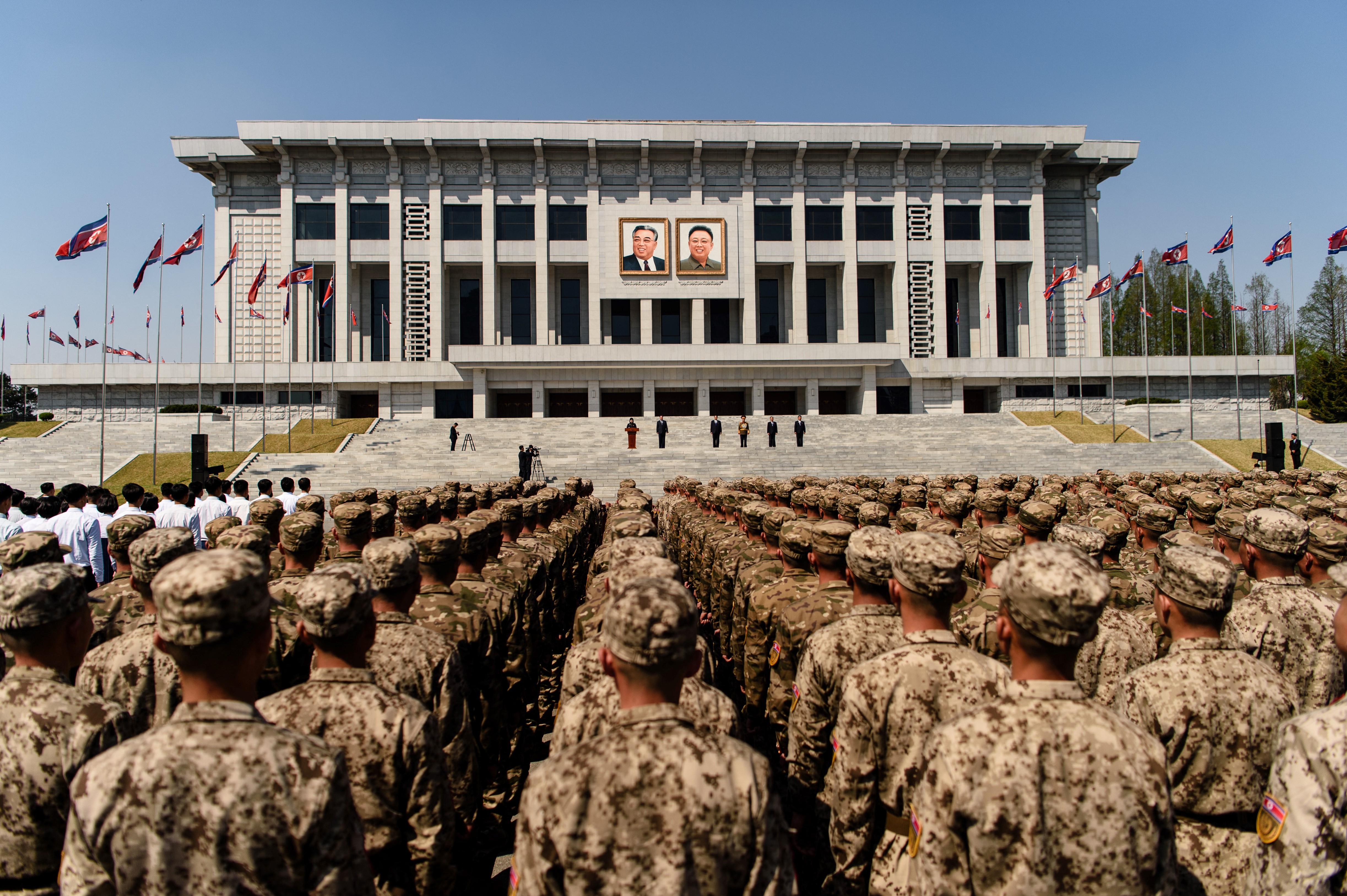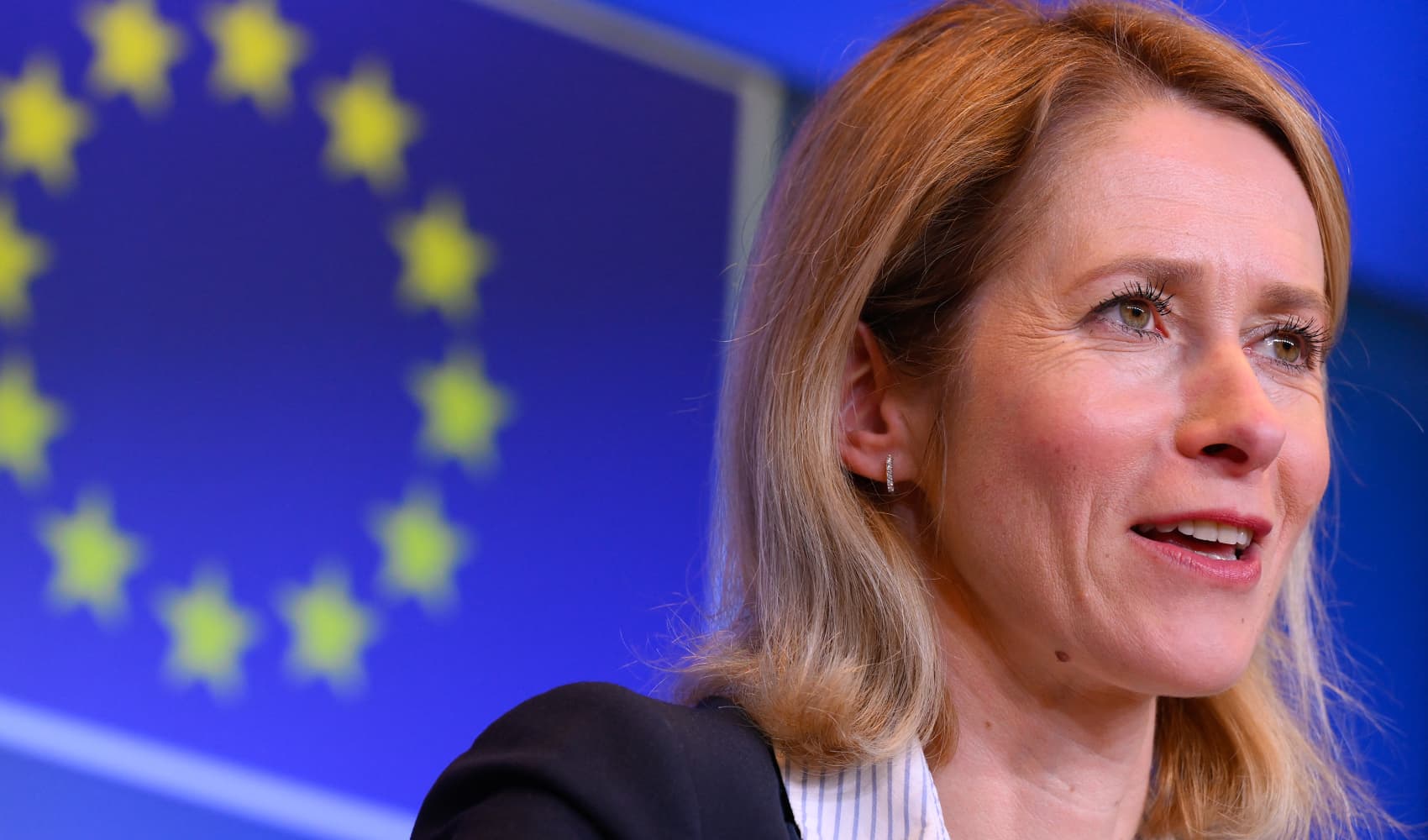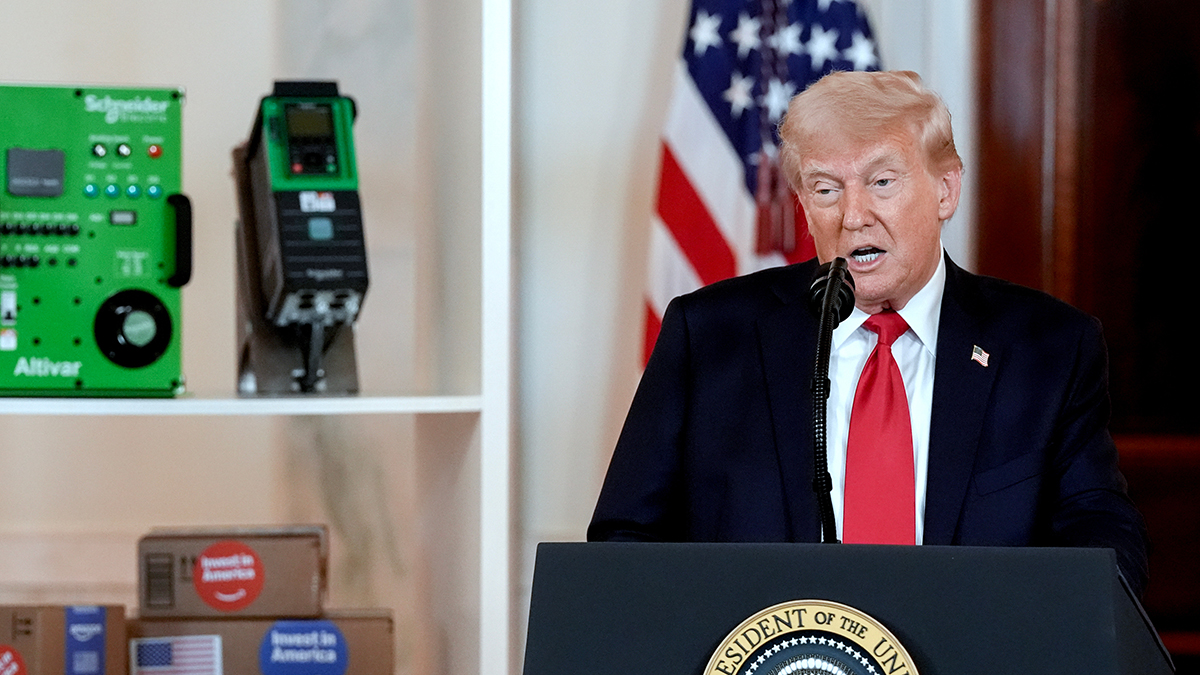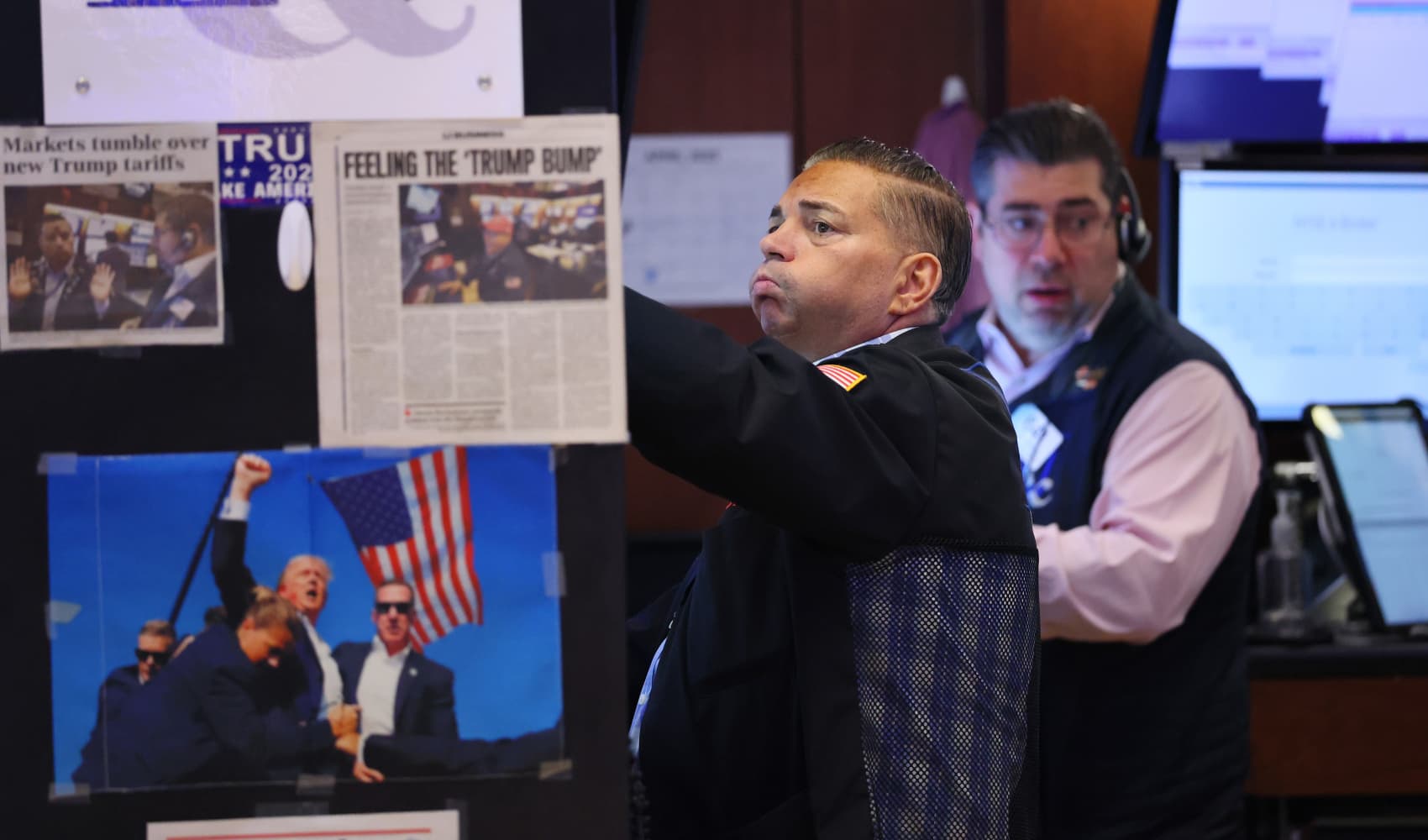Ukraine Peace Deal: Can Trump Clinch it in 100 Days?
Russia's Gamble: Will Trump's Ukraine Peace Push Pay Off?
Introduction: High Stakes in Eastern Europe
The world watches with bated breath as President Donald Trump enters the final stretch of his first 100 days in office – for the *second* time. And this time, he's set his sights on a monumental task: brokering a peace deal between Russia and Ukraine. But is it a genuine attempt at diplomacy, or is Russia merely testing the waters, gauging the new administration's resolve? The stakes are incredibly high, and the outcome could redefine the geopolitical landscape of Eastern Europe for years to come. Let's dive in and unpack this complex situation.
U.S. Envoy Witkoff's Moscow Mission
U.S. special envoy Steve Witkoff, a fascinating figure in his own right, has been dispatched to Moscow. Who is this man, and why was *he* chosen for such a delicate mission? Well, before entering the world of diplomacy, Witkoff was a real estate mogul, suggesting Trump values negotiation skills above all else. Is Witkoff a "Kremlin whisperer," as some have suggested? That remains to be seen. However, his meeting with Russian President Vladimir Putin is undoubtedly a significant step, or at least a symbolic one, in this high-stakes game.
A Meeting Captured by State Media
Footage of Witkoff's meeting with Putin, prominently featured on Russian state news agency Tass, tells a story in itself. The controlled narrative, the carefully chosen images... It's all designed to project an image of Russia as a powerful, engaged player. But what's the real message being conveyed? Is this a genuine willingness to negotiate, or a calculated attempt to influence public opinion?
Trump's Rare Rebuke of Putin
Something shifted this week. After a period of seemingly amicable relations (or at least, a lack of open criticism), President Trump publicly criticized Putin. What triggered this change of heart? Was it the "intensifying Russian attacks against Kyiv" that followed the Easter holiday lull? Or something else entirely? This rare rebuke suggests that the administration's patience may be wearing thin.
The Easter Holiday Lull and Renewed Attacks
The "Easter holiday lull" is a key detail. It suggests a pattern of behavior, a calculated strategy. Was the pause in fighting merely a temporary ceasefire, designed to lull the West into a false sense of security? And were the subsequent attacks a deliberate act of provocation, a test of Trump's resolve? These are the questions that policymakers in Washington are grappling with right now.
Territorial Concessions: A Price Too High?
Reports suggest that Trump is pushing for a peace deal "at the steep price of territorial concession." Is Ukraine being asked to sacrifice its sovereignty for the sake of peace? This is a deeply controversial issue, with many arguing that such concessions would only embolden Russia and set a dangerous precedent for future conflicts. Is Trump willing to risk alienating key allies in Europe to secure a deal?
The Moral Dilemma of Land for Peace
The "land for peace" approach is always fraught with ethical and practical challenges. How can one quantify the value of territory, especially when that territory is home to millions of people? And what guarantees are there that a peace deal based on territorial concessions will be sustainable in the long run? These are the tough questions that need to be addressed.
Stalling Diplomatic Efforts: A Source of Frustration
Trump's frustration is reportedly "stoked by the stalling pace of U.S.-led peace diplomatic efforts." Imagine trying to herd cats – that's probably what it feels like trying to get both Russia and Ukraine to agree on anything! Why are these efforts stalling? Is it simply a matter of intractable differences, or are there other factors at play, such as internal political pressures or external interference?
Abandoning Peace Efforts: A Last Resort?
Washington has indicated it could be "close to abandoning" these diplomatic efforts. Is this a bluff, a tactic to pressure Russia and Ukraine to come to the negotiating table? Or is it a genuine threat, signaling a shift in U.S. policy towards the region? Abandoning peace efforts would have far-reaching consequences, potentially escalating the conflict and destabilizing the region even further.
The 100-Day Deadline: A Self-Imposed Pressure Cooker
The looming 100th day deadline adds another layer of pressure to this already complex situation. Why is Trump so fixated on this particular milestone? Is it simply a matter of optics, a desire to demonstrate early success? Or is there a deeper strategic rationale at play? Whatever the reason, this self-imposed deadline could lead to rash decisions and unintended consequences.
The Perils of Artificial Deadlines in Diplomacy
Experienced diplomats know that artificial deadlines can be counterproductive. They can force negotiators to make concessions they might otherwise avoid, and they can create a sense of urgency that undermines careful deliberation. Is Trump's focus on the 100-day mark helping or hindering the peace process?
Russia's Perspective: Playing the Long Game
From Russia's perspective, this situation is likely viewed through a very different lens. Russia has its own strategic interests in Ukraine, and it's unlikely to compromise those interests without a fight. Is Russia "testing" Trump, as some analysts suggest? Are they trying to assess his resolve, his negotiating style, and his willingness to make concessions? It seems likely they are.
Geopolitical Chess: Moves and Countermoves
The conflict in Ukraine can be seen as a game of geopolitical chess, with Russia, the United States, and other players making moves and countermoves. What are Russia's long-term goals in the region? Is it simply about protecting its own security interests, or is it about reasserting its influence over its former Soviet neighbors? Understanding Russia's motivations is crucial to understanding the dynamics of the conflict.
The Impact on U.S.-Russia Relations
The outcome of this peace process will have a significant impact on U.S.-Russia relations for years to come. A successful peace deal could pave the way for improved cooperation on other issues, such as arms control and counterterrorism. But a failure could further sour relations, leading to increased tensions and a new Cold War-style standoff. The stakes are incredibly high.
Beyond Ukraine: Global Implications
The conflict in Ukraine is not just a regional issue; it has global implications. It raises fundamental questions about international law, sovereignty, and the use of force. It also highlights the challenges of managing great power competition in the 21st century. The world is watching to see how the United States and Russia navigate this complex and dangerous situation.
A Defining Moment for Trump's Foreign Policy
President Trump's handling of the Ukraine crisis will be a defining moment for his foreign policy. Will he be remembered as a peacemaker who brought an end to a long and bloody conflict? Or will he be seen as a naive negotiator who conceded too much to Russia? Only time will tell. But one thing is clear: the next few weeks will be crucial.
Conclusion: A Wait-and-See Scenario
So, where does this leave us? We're in a wait-and-see mode. Will Trump's high-pressure tactics yield a breakthrough, or will they backfire and escalate the conflict? Steve Witkoff's mission to Moscow is a key indicator, as is Trump's own willingness to criticize Putin when necessary. The 100-day deadline adds urgency, but also the risk of rash decisions. Ultimately, the future of Ukraine, and the broader relationship between the U.S. and Russia, hangs in the balance. It's a complex, high-stakes situation with no easy answers.
Frequently Asked Questions
- What is the main sticking point in the Russia-Ukraine peace negotiations?
The most significant hurdle is the issue of territorial concessions. Russia's annexation of Crimea and its support for separatists in eastern Ukraine make it difficult for Ukraine to cede territory without undermining its sovereignty and national integrity.
- Why did Trump suddenly criticize Putin after a period of relative silence?
The exact reasons are unclear, but it's likely a combination of factors, including renewed Russian attacks against Kyiv and frustration over the slow pace of diplomatic progress. It could also be a strategic move to increase pressure on Russia to negotiate seriously.
- What role does the U.S. hope to play in resolving the conflict?
The U.S. aims to act as a mediator, facilitating negotiations between Russia and Ukraine to reach a lasting peace agreement. However, this role is complicated by the U.S.'s support for Ukraine and its sanctions against Russia.
- What are the potential consequences if the peace talks fail?
Failure of the peace talks could lead to an escalation of the conflict in Ukraine, potentially drawing in other countries. It could also result in further deterioration of U.S.-Russia relations and a new era of Cold War-style confrontation.
- How does Trump's approach to this conflict differ from previous administrations?
Trump's approach is characterized by a more transactional style, a willingness to engage directly with Putin, and a focus on achieving quick results. This contrasts with previous administrations, which often prioritized a more cautious and multilateral approach.
